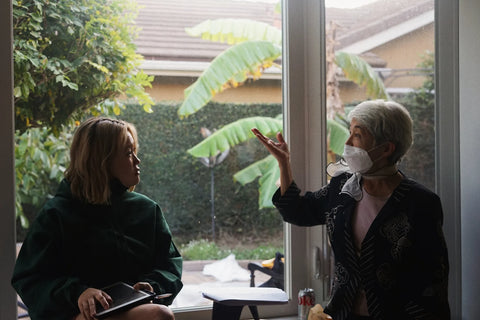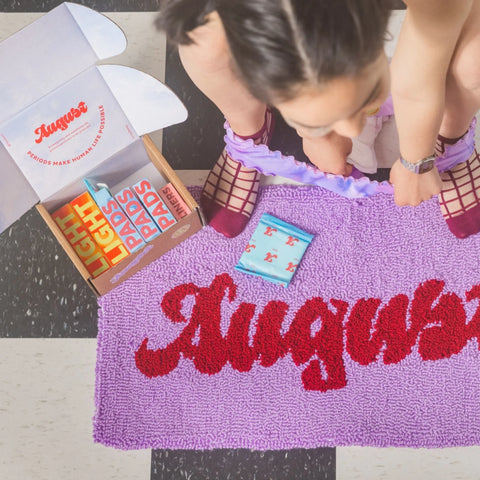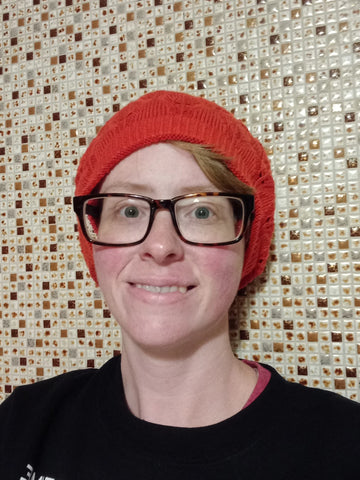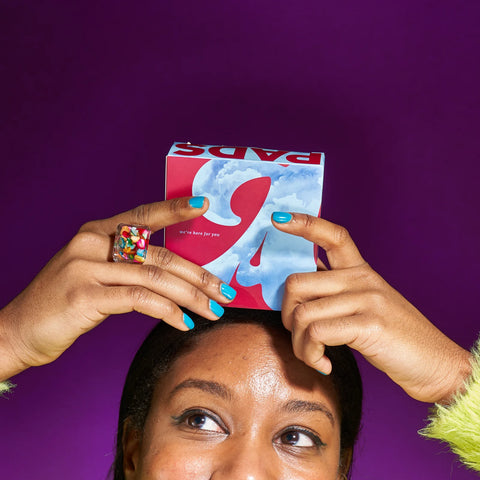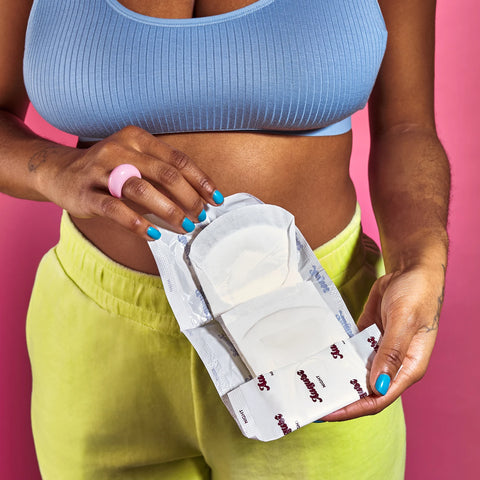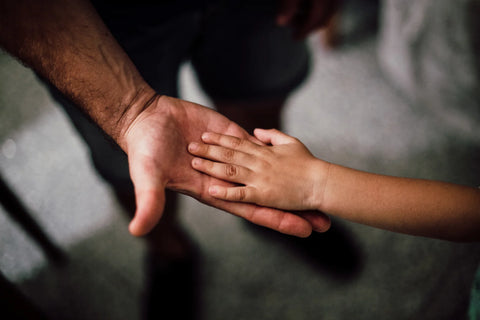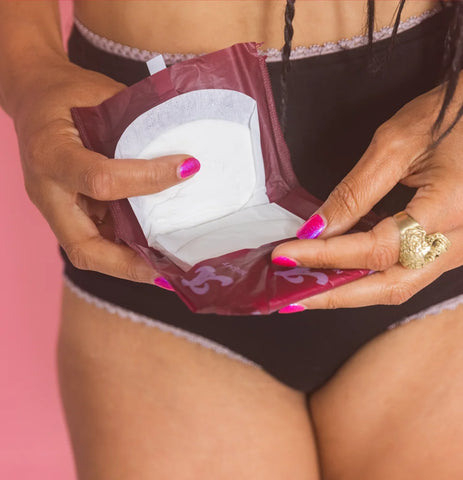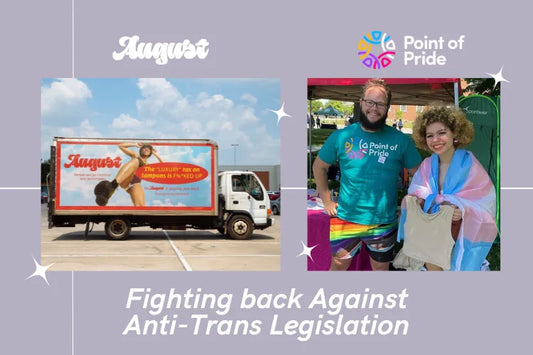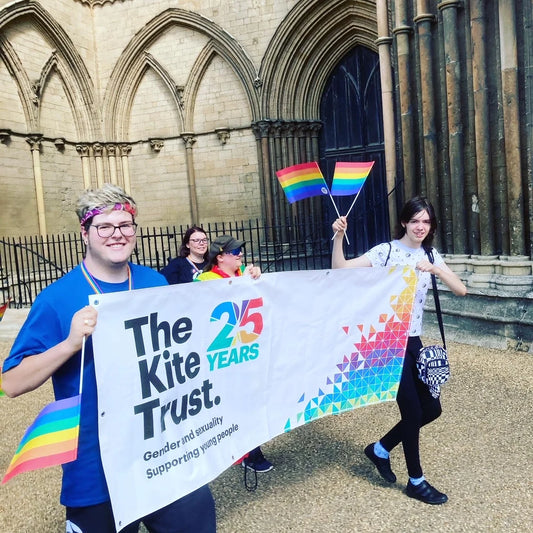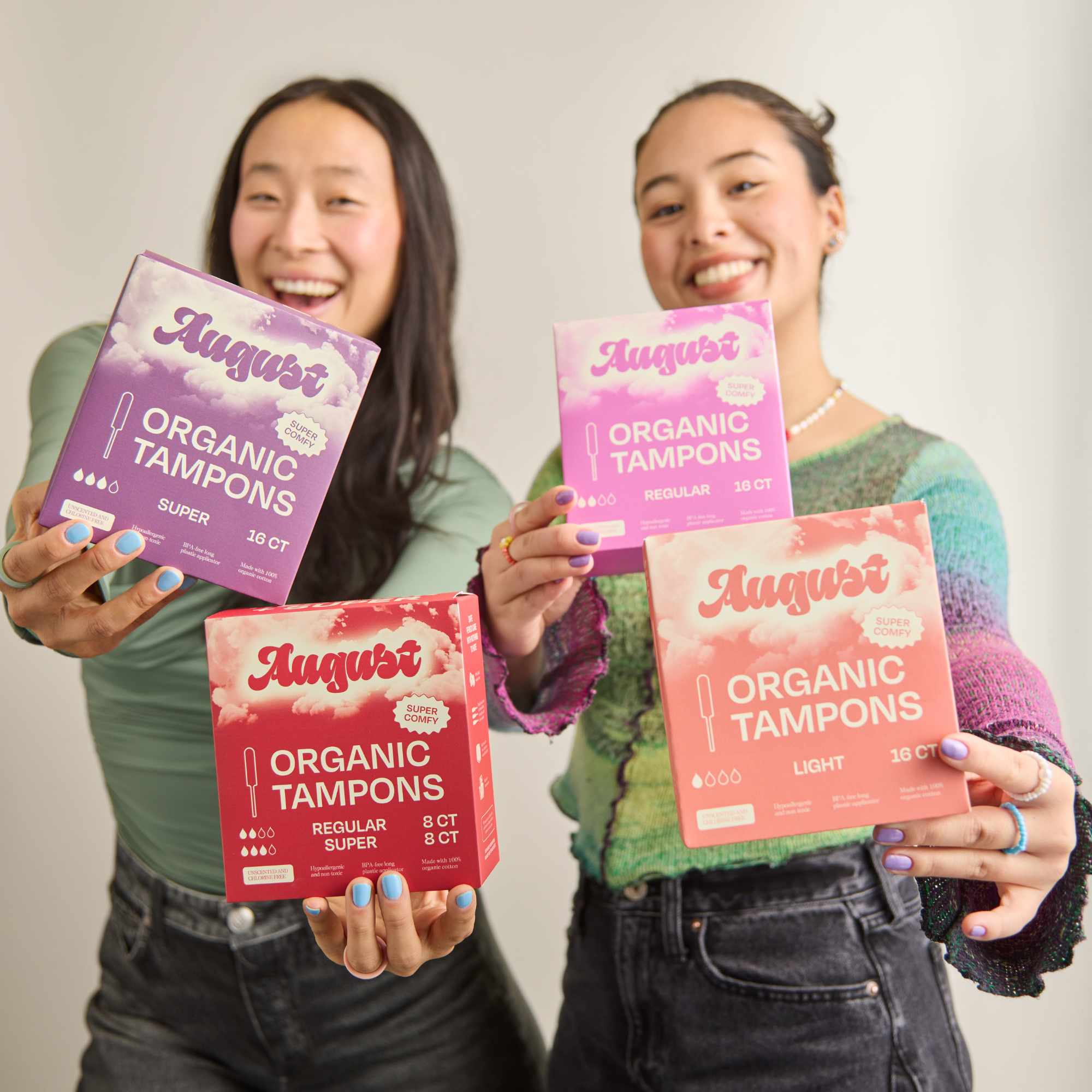Introduce yourself.
“Hi there! My name is Theresa Marie Duran and I prefer she/they pronouns. I am a barista in my normal day to day life and, on the side, I write as a hobby with my friend.
I’ll be talking about my experience with Turner Syndrome but, if you have any more questions, find me on Instagram @duranthe1204!”
What is Turner Syndrome?
Turner syndrome is a condition that exclusively affects people with female reproductive organs, and is considered an intersex condition. It results when one of the X chromosomes (sex chromosomes) is missing, or partially missing.
People diagnosed with Turner Syndrome may be of shorter height, have heart defects, and experience ovary failure. However, ongoing, specialized, medical care can allow those with TS to live independently!
Turner Syndrome falls under the category of Intersex, which is a general term used for people who are born with a reproductive or sexual anatomy that doesn’t fit the typical definitions of female or male.
Intersex is often categorized as an “inborn condition”, however, intersex anatomy doesn’t always show up at birth. Sometimes, people will discover intersex traits at puberty, when they realize they are infertile, or some may not even discover this about themselves.
Sources: Intersex Society of North America; MayoClinic
How common is it to be intersex?
Approximately 2% of people are intersex. Comparatively, 2% of the world population…
- have green eyes
- have red hair
- are Russian
Sources: Planned Parenthood; LaneChanger (Click here for FREE Gender Inclusivity Training!)
Can you speak about your overall experience being intersex?

“It was only last year that I figured out that I am hormonally intersex.
My intersex case has made my dating experience challenging because, so far, the people I want to have a relationship with don’t want to be with someone who isn’t capable of having children.
One thing I want those who aren’t intersex is to know is to not use intersex people as a talking point in debates about the legitimacy of trans people. Intersex people are everywhere and most of the time you won’t know if they are until they say so.
The second thing I want everyone to know is that we are not all the same – everyone who is intersex has their own unique set of trials and successes. I don’t speak for all of them, just for myself.”
How does menstruation exist in your life?

“It impacts my life greatly.
Turner Syndrome means that I need to make sure that I change out my estradiol patches as needed so that my estrogen levels are stable. I also need to make sure that I am taking the necessary pill needed to control the amount of time I bleed so that I have an average period of 1 week long.
Menstruation also affects me because, due to the nature of how I was born, I need hormone replacement because my chromosome is broken and my body is incapable of producing anything more than pubic hair until higher levels of estrogen are introduced. Hormone replacement allows for me to get a period, however, I will still never be able to traditionally conceive a child of my own.”
Can you share your first period story?
“My first period happened only when I was 19 years old.
I had decided that I wanted to get my health in order so I decided to be consistent with my estradiol patches and after a couple of months I woke up one morning bleeding extremely lightly so I grabbed a pad my nana had and used it.
I then realized that I had no way of contacting my doctor so I temporarily stopped using my patches until I could make an appointment to get my hormone levels checked. The dosage changed, and I got the pills that I needed.”
Do all intersex people get a period?
No, not all intersex people get a period.
“When it comes to puberty in general, all of us are different.
Not all intersex people and cases are the same; we all have our own unique circumstances.”
What advice would you give to other intersex menstruators out there?
“Don’t feel shy to talk to your doctors or a trusted loved one if you don’t feel like something is right when you’re having a period or going through puberty in general.”
How did you hear about August and why does it resonate with you?

“I heard about August through Nadya’s TikTok account!
August as a company resonates with me because they strive for inclusivity of all walks of life when it comes to period care and hygiene and I admire that greatly.”
Thank you for sharing your story Theresa!
Theresa actually reached out to us via Instagram DMs because they were passionate about our community being educated on the intersex experience with menstruation:
“I know [August] is inclusive of everyone who has a period but; I would love to see your company start talking about those who are intersex.
As an intersex person who has a period through hormone replacement therapy due to my Turners Syndrome I would be thrilled if you guys included those who are intersex and are capable of having periods because not all of us can.
We are left out a lot in being taught about puberty and when we are talked about, we’re used as a jab for arguing that there are more than one gender (most commonly in arguments regarding trans people). I would just love to see some representation for people who are like me.”
Stories like Theresa's reinforce why we do what we do: the experience of menstruation is diverse and underreported. We’re so grateful and inspired by our community and their willingness to share!
Want to share your Period Powerhouse story?
Email us at care@itsaugust.co or DM us! We'd love to connect with more of you.




